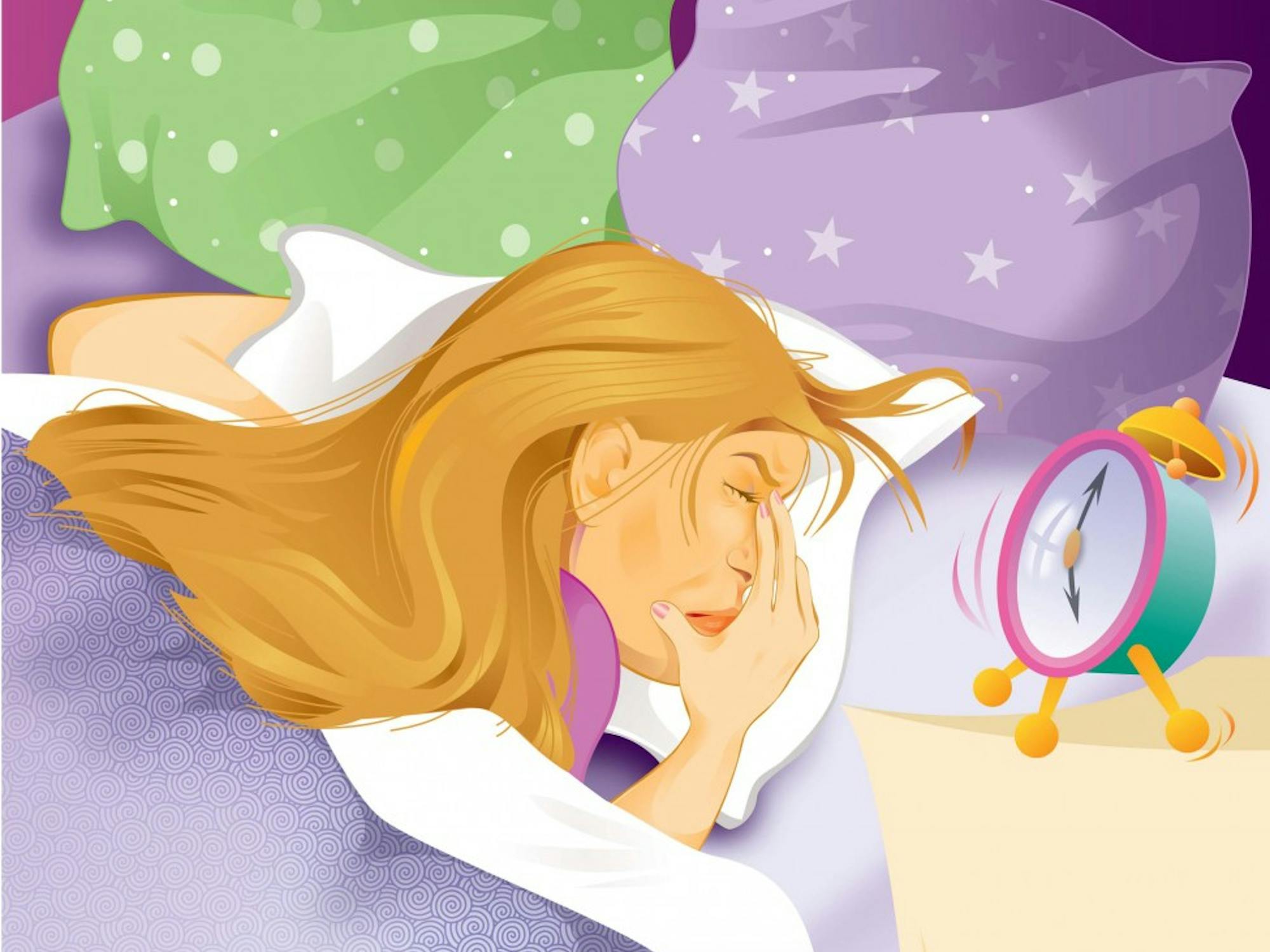People say this all the time, but seriously, is it just me, or does it seem like this semester has everyone with their heads down and super stressed?
There is so much students have to deal with right now. Aside from school, work and personal lives, we take on a ton of projects. In the interest of making ourselves competitive and gaining experience, students add more to their overflowing plates.
We add on research, volunteering, shadowing, student orgs, tackle issues in our respective communities and maybe even try to win an award or two. All of this is enough to stress anyone out, and, of course, it cuts down on already limited sleep time.
College students get an average of six hours of sleep a night, according to the McKinley Health Center at the University of Illinois. The recommended amount of sleep varies depending on which sleep researchers are asked, but it lies between seven to nine hours, according to the National Sleep Foundation and Time.
While I can appreciate the purpose of maintaining competitiveness and quality work, and that graduate schools and jobs look for the best possible candidates, we definitely got the short end of the stick on this, and future generations will be handed even shorter sticks. We have to compete with our predecessors’ achievements, attempting to match and surpass them, and future generations will have to contend with our accomplishments.
I’m all for positive competition – it’s a great driving force in producing quality work, and having friends to work with is definitely motivating, but it’s not fun anymore when it starts cutting into our sleep time. It’s not fun when it means we’re getting stressed out over an exam or paper that, despite the assurances of friends and family, may very well affect your life when applying for grad school or jobs.
Brown University’s Health Services reports college kids are the most sleep-deprived people in the country. The University of Michigan University Health System reports we sleep one to two hours later and one to 1.6 hours less than the previous generation did.
KPBS.org reports on the research of Professor Twenge of San Diego State University, which shows our generation has higher anxiety levels and mental health problems than in the past seven decades. In comparing young people from 1938 to 2007, five to eight times as many young adults had problems. And as if all that weren’t enough, the McKinley Health Center stated excessive worrying can cause a person to stay up at night.
Fortunately, they had a lot of advice to offer about sleeping habits, including: if you can’t fall asleep after half an hour, get up and go to another room. Sit there quietly and drink warm milk or listen to soothing music before trying again. Don’t worry in bed – journaling may be helpful in settling buzzing thoughts to rest.
And one I liked a lot: have a bedtime routine! “[Do] the same thing every night before going to sleep. You will eventually associate your bedtime routine with sleeping. Give yourself about 30 minutes to get ready for bed.”
Obviously, learning to balance schedules and manage stress is very important, as stress is omnipresent in life, but undue and over-present stress is also unhealthy.
From all the sleep studies out there, the ever-present theme was to make sure to get enough of it. In the face of looming final exams, projects, essays and the accompanying stress, I only hope we can follow it.










